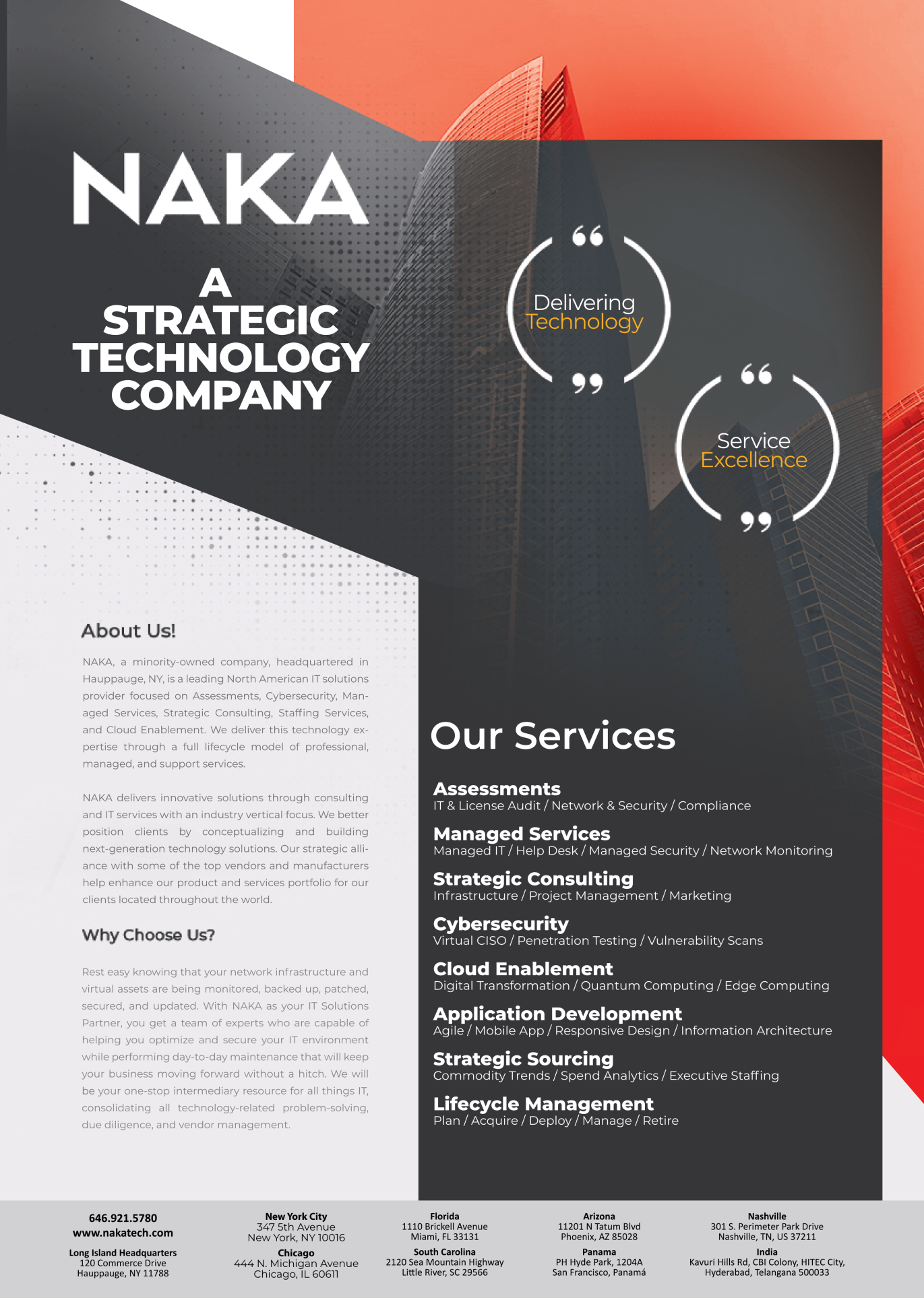Personalization in Digital Marketing Services: How to Build a Stronger Connection with Your Audience

Personalization in Digital Marketing Services: How to Build a Stronger Connection with Your Audience
Businesses that believe in organizing and preparing layouts for their future campaigns or modify the existing ones know that it is important to stay ahead of the curve. This helps them learn about the latest social media trends and how customers want to see services and products in today’s era.
As per McKinsey’s report for Next in Personalization, organizations that focus on a customer-centric approach to create a presence in the market are understood to be more persuasive in selling their products and services.
This allows such organizations to generate better revenue and outline strategies to engage with potential prospects. The more you get closer to the thoughts and requirements of your targeted audiences and fulfill their complaints , you will see better gains.
Personalizing your services from its inception to the post-product purchase process can help you understand the pain points of your segmented audience. In this article we will acknowledge the importance of Personalization in Digital Marketing Services and how to Build a Stronger Connection with Your Audience.
Customising Digital Marketing Services to Build Strong Client Relationships
In today’s digital marketing landscape, personalisation is a crucial aspect that can help businesses build stronger connections with their audience, increase engagement, and ultimately drive more conversions. To incorporate personalisation into your digital marketing strategy, there are several tips to follow.
- Firstly, collect and analyze customer data to gain insights into their behavior, preferences, and needs, which can help you create targeted campaigns that resonate with your audience’s interests.
- Secondly, segment your audience based on their demographics, interests, behavior, or other criteria, allowing you to create more personalized campaigns for each group.
- Thirdly, personalize content, such as using dynamic content like personalized product recommendations, personalized emails, and personalized landing pages, to create a more customized experience for your audience, ultimately increasing engagement and conversion rates.
- Fourthly, leverage social media to engage with your audience in a more personalized way by responding to comments and messages, sharing user-generated content, and creating personalized social media ads.
- Finally, embrace automation by using marketing automation tools to deliver personalized messages to your audience at the right time and through the right channels, enabling you to deliver targeted messages at scale while improving efficiency and effectiveness.
- Personalization offers several benefits in digital marketing, including the ability to tailor messages to specific audience segments. By segmenting the audience and tailoring the message, businesses can increase the chances of conversion.
- Personalization also helps to build deeper relationships with customers, creating trust and loyalty that leads to repeat business and positive word-of-mouth marketing.
- Customization is also crucial, as it allows businesses to stand out in the digital space by creating unique and personalized campaigns that differentiate them from competitors. This can result in increased brand awareness and higher conversion rates.
Overall, personalization and customization should be key parts of any digital marketing strategy. By connecting with the target audience in a more meaningful way, businesses can improve engagement and conversion rates, increasing their chances of success in today’s digital landscape.
How to Build Long-term Customer Relationships Via Personalization?
To build a stronger connection with your audience through personalized marketing, it’s important to leverage data to guide your strategy. This means analyzing demographic, behavioral, website, and transaction data to develop a clear picture of your customers. When reviewing your data, make sure it’s relevant and up-to-date, and covers the entire customer journey.
1. Deep Insight of Customer Profile
To create personalized ad campaigns, start by developing detailed customer profiles that describe your target audience’s demographics and buying behaviors. Use this information to craft ad messaging that resonates with their wants and needs.
Additionally, create creative assets that speak to your ideal audience by understanding their preferences and reviewing past campaigns that worked well. You can also use creative tactics to set parameters for your ads based on factors like time of day, day of the week, device type, geo, and domain.
2. Understand Contextual Advertising
Contextual advertising is another effective strategy for delivering relevant ads that align with the content your audience is consuming. By targeting based on content rather than user data, you can create a more personalized experience for your audience.
Retargeting campaigns are also useful for re-engaging prospects who have already shown an interest in your products or services. Dynamic retargeting allows you to serve ads for products or services that the user has previously viewed, encouraging further engagement and brand recall.
3. Analyzing Campaign Strategy
Finally, run a brand lift study to gain deeper insight into your campaign’s impact on consumer perceptions and behavior. This will allow you to optimize your campaign for a more personalized approach toward your ideal consumer.
By following these strategies, you can build a stronger connection with your audience and create a more effective and personalized digital marketing strategy.
What is Personalization in Digital Marketing and How to Implement it For Better ROI?
Personalization in digital marketing refers to tailoring marketing messages and experiences to individual users based on their demographics, behaviors, interests, and preferences. By delivering personalized content, ads, and experiences, brands can better connect with their audience, build trust, and ultimately drive more conversions and sales.
- Collect and analyze data: Use tools like Google Analytics and social media analytics to gather data about your audience’s demographics, behaviors, interests, and preferences. This will help you create detailed customer profiles and understand what types of content and messaging resonates with your audience.
- Segment your audience: Use the data you collected to segment your audience into different groups based on common characteristics and interests. This will help you create targeted content and messaging that speaks directly to each group.
- Create personalized content: Use your customer profiles and audience segments to create personalized content that speaks directly to each group’s interests and needs. This could include personalized emails, website content, social media posts, and ads.
- Use retargeting and dynamic content: Use retargeting ads and dynamic content to serve personalized ads and content to users based on their previous interactions with your brand.
- Test and optimize: Continuously test and optimize your personalized content and messaging to ensure you are delivering the most effective messages to each audience segment.
Conclusion
Personalization in digital marketing is a powerful tool for building a stronger connection with your audience and improving your return on investment. By leveraging data to guide your strategy, having insights of customer profiles, developing personalized ads, and using contextual advertising, you can create a personalized digital marketing strategy that aligns with the wants and needs of your ideal customers.
Remember, personalization is not a one-size-fits-all solution. It requires constant monitoring, analysis, and adjustment to ensure that you are delivering the right message to the right audience at the right time.
By investing in personalization, you can not only improve your campaign performance but also build stronger, more loyal relationships with your customers. So start leveraging personalization in your digital marketing today and reap the rewards of a more connected and engaged audience.



